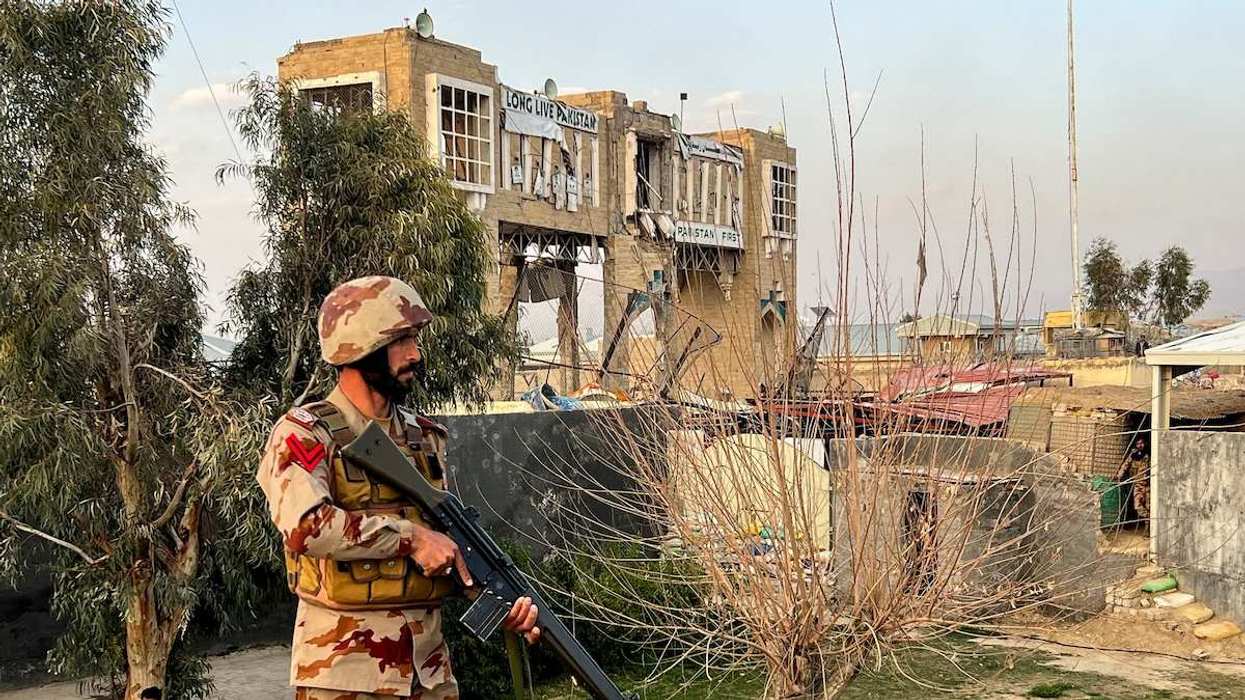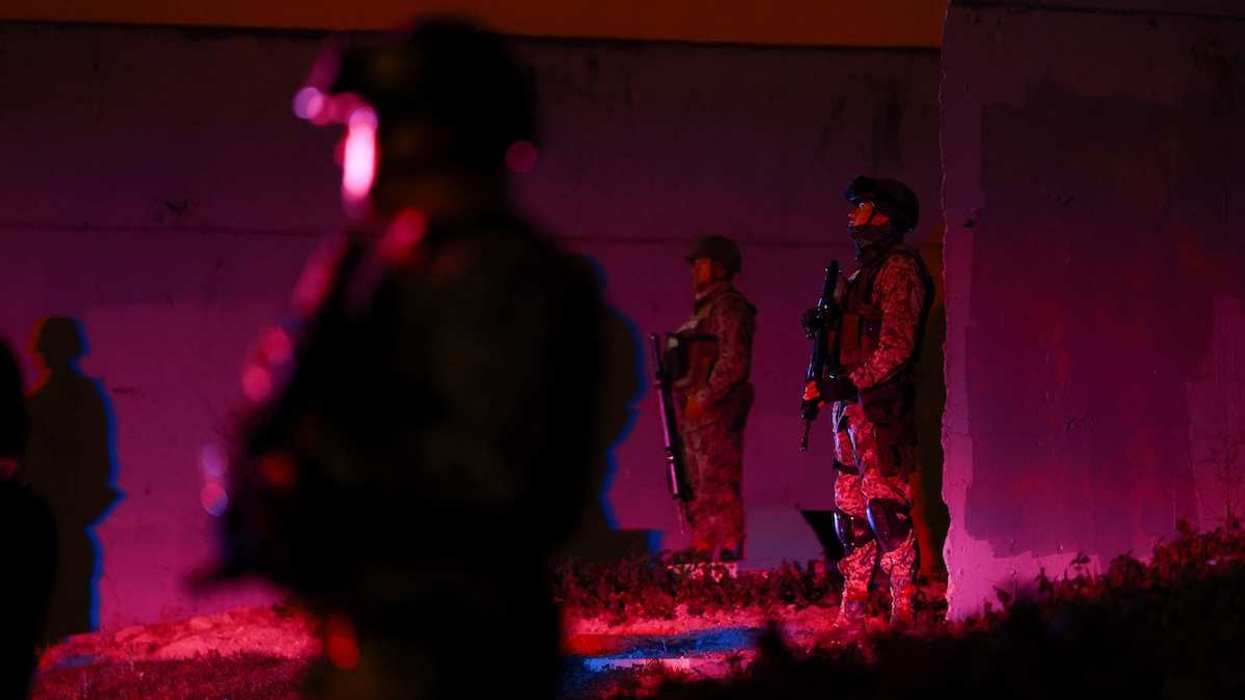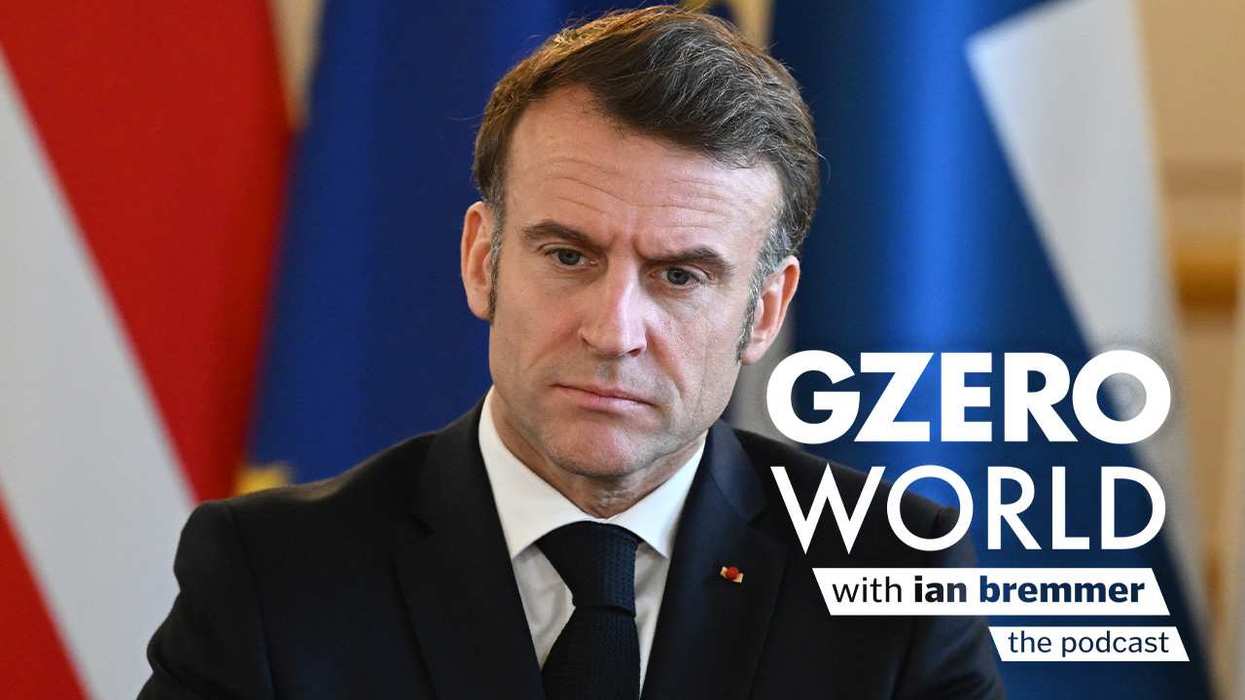What We're Watching
What We’re Watching: Shots fired between Pakistan and Afghanistan, Trump pushes Zelensky for a quick deal, US trades humanitarian aid for critical minerals
In a 30-minute call on Thursday, President Donald Trump reportedly told Ukrainian President Volodymyr Zelensky he wants to end the war with Russia as soon as possible — aiming for a deal by summer, but ideally within weeks.
Feb 27, 2026










